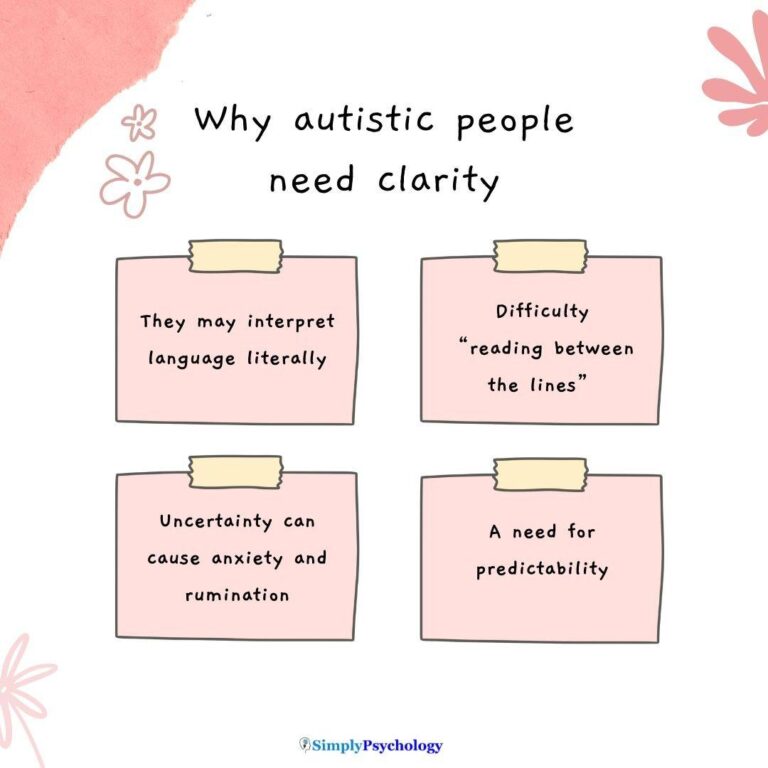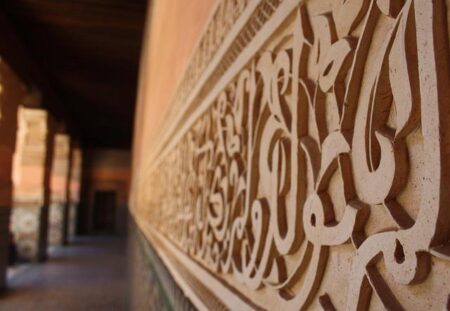In a landmark ruling that has potential implications for international relations and colonial legacies, the UK High Court has cleared the way for the return of the Chagos Islands to Mauritius. This decision comes after decades of legal battles and diplomatic efforts concerning the archipelago, which has been the subject of contention since the UK separated it from Mauritius in the 1960s to establish a military base on Diego Garcia. The ruling signifies a crucial step towards rectifying historical injustices and acknowledges the sovereignty claims of Mauritius over the islands. As both countries prepare for the next steps in the return process, the implications of this decision will be closely watched by legal experts, diplomats, and advocates for decolonization around the world.
UK High Court Upholds Ruling on Chagos Islands, Paving Way for Mauritian Sovereignty
The UK High Court has made a landmark decision by upholding a previous ruling that not only affects the geopolitical landscape but also reignites the long-standing debate over the sovereignty of the Chagos Archipelago. This ruling is a significant step towards granting Mauritius rightful ownership of the islands, which have been under British control since the 1960s. The court’s decision is rooted in a recognition of historical injustices, as the indigenous Chagossians were forcibly removed from their homeland to facilitate the establishment of a military base, notably Diego Garcia. The impact of this ruling could include:
- Reparations for displaced communities
- Restoration of fishing and economic rights
- Increased international support for Mauritius
In response to the court’s ruling, Mauritius is poised to take diplomatic measures to reclaim control over the islands, further supported by their efforts on the international stage. The ruling reflects a growing trend within international law favoring self-determination and decolonization. As Mauritius prepares for potential negotiations, the global community is watching closely, as this case may set a precedent for other territories with similar colonial legacies. Key implications of this ruling may include:
| Implication | Details |
|---|---|
| Restoration of Sovereignty | Possible return of control over Chagos Islands to Mauritius. |
| International Relations | Potential shifts in diplomatic relationships in the Indian Ocean region. |
| Environmental Impact | Focus on conservation and sustainable use of island resources. |
Implications of the Chagos Islands Decision for UK-Mauritius Relations
The UK High Court’s ruling to clear the path for the return of the Chagos Islands to Mauritius marks a significant turning point in bilateral relations between the two nations. This decision not only addresses long-standing grievances but also holds the potential to reshape diplomatic dynamics. Key implications for UK-Mauritius relations include:
- Strengthened Bilateral Ties: The return of the islands could lead to closer cooperation on various fronts, including environmental conservation and maritime security.
- Public and Political Pressure: The UK may face increased scrutiny both domestically and internationally, prompting a shift in foreign policy that prioritizes restorative justice.
- Economic Opportunities: Mauritius could develop the island’s tourism potential, fostering economic growth, which may enhance goodwill towards the UK.
Moreover, the ruling could set a precedent for other territorial disputes involving former colonies, compelling the UK government to reassess its historical responsibilities. The potential for dialogue surrounding military presence and use of the islands could also emerge, where both parties may look for a mutually beneficial arrangement. A brief overview of the diplomatic landscape post-decision is as follows:
| Aspect | Implication |
|---|---|
| Bilateral Engagement | Increased collaboration on economic and security matters. |
| Reparation Discussions | Possibility of negotiations for reparative justice and investment in local development. |
| Regional Stability | Move towards de-escalation in the Indian Ocean, paving the way for regional partnerships. |
Recommendations for Future Negotiations on Chagos Islands’ Governance and Development
As negotiations surrounding the future governance and development of the Chagos Islands progress, it is crucial for stakeholders to prioritize a few fundamental aspects to ensure a peaceful and beneficial outcome for all parties involved. Inclusive dialogue between the UK, Mauritius, and the Chagossian people is vital. Hence, the framework for discussions should encourage participation from various community representatives, ensuring that their voices are not merely heard but actively integrated into the decision-making processes. Additionally, acknowledgment of historical grievances must be part of these discussions, fostering a path toward reconciliation and understanding among affected populations.
Moreover, future negotiations should emphasize sustainable development strategies that not only respect the delicate ecosystem of the Chagos Archipelago but also aim to empower local communities economically. These strategies might include:
- Ecotourism initiatives that leverage the natural beauty and biodiversity of the islands, creating jobs and generating revenue while preserving the environment.
- Enhancing local governance structures to enable Chagossians to manage resources effectively and gain autonomy over their affairs.
- Cultural revitalization programs to honor Chagos heritage and foster a sense of identity and belonging among the inhabitants.
The Conclusion
In a landmark decision, the UK High Court has paved the way for the return of the Chagos Islands to Mauritius, marking a significant turning point in the long-standing dispute over the archipelago. This ruling not only underscores the complexities of territorial governance but also highlights the enduring impact of historical injustices on the rights of indigenous populations. As both nations prepare for the implications of this decision, the eyes of the international community remain focused on the next steps and the potential restoration of sovereignty for the Chagossians. The ruling could set a precedent for future territorial disputes and raise further questions about the legacy of colonialism in the region. As the situation unfolds, the balance between legal interpretations and historical narratives continues to shape the dialogue surrounding decolonization and rightful ownership.






